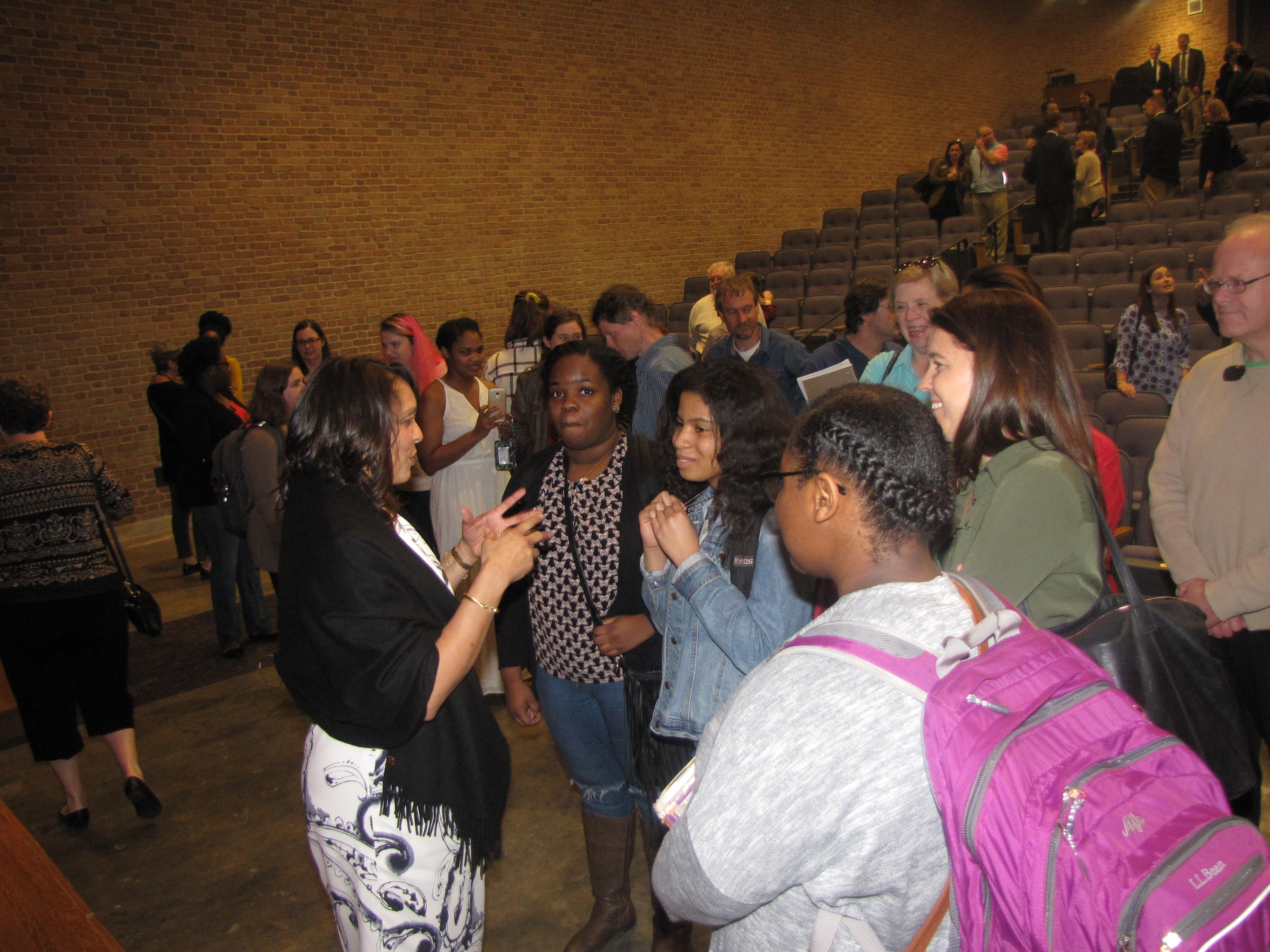
By Janice K. Neal-Vincent
Contributing Writer
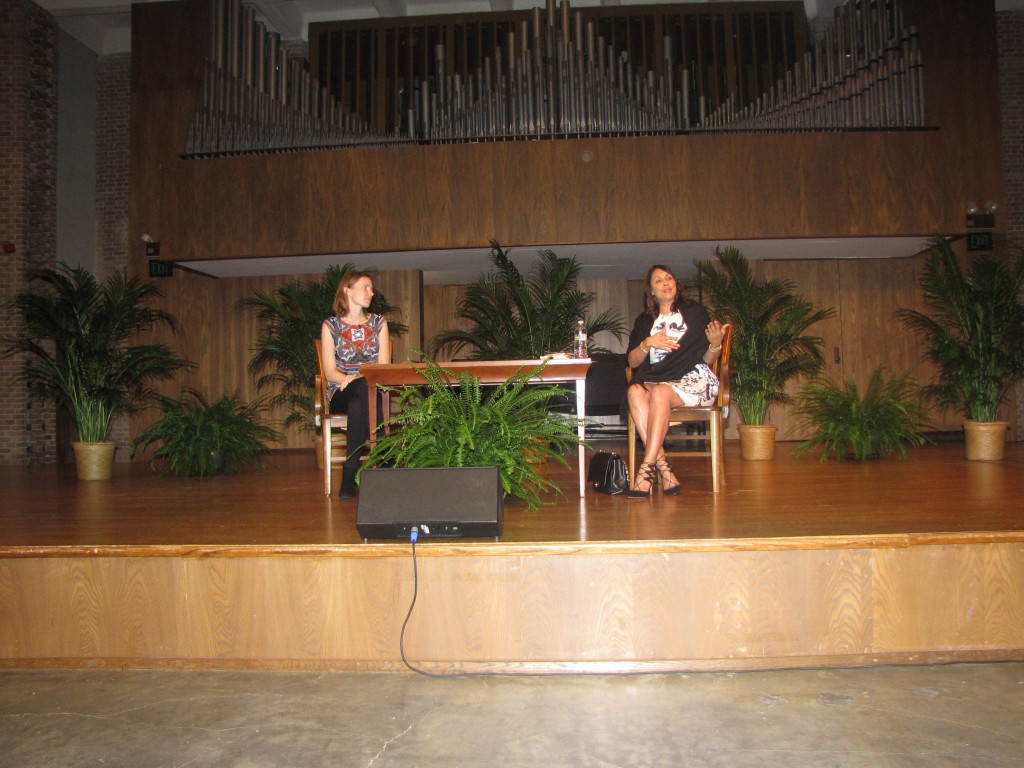
The nation’s 19th Poet Laureate from 2012-14 and Gulfport native, Natasha Trethewey made a special appearance at Millsaps College Feb. 19 for Friday Forum. The well-attended public program was held in the Recital Hall of the Gertrude C. Ford Academic Complex at 4:30 p.m.
In his introduction, Dr. Robert Pearigen, Millsaps’ 11th president, said to the audience that, “Few living poets have gained notoriety and impacted the community as Pulitzer Prize-winning Poet Trethewey.”
In a soft spoken conversational tone while speaking of “matters from the heart,” Trethewey stood firmly at the podium and pulled listeners into her calm, controlling voice as though they were reading her poetry themselves.
Some matters, she said, “hurt me into poetry.” So through her pain she found her poetic voice. Trethewey revealed a number of personal encounters and cited passages from her new book, “In Conversation.” Many of them denoted her close relationship with her mother who was murdered when she was 40 years-old. At the time, Trethewey was a student in college. “I died early to my mother,” she told the viewers. “I had a couple of dreams (that were about) moments to spend with mother and difficulty realizing my mother was gone,” she continued.
The poet then looked to the “wise, noble ant” and equated ant mounds as monuments. She claimed that when she saw an ant mound on her mother’s grave, “It reminded me of what I had not done. Blisters bleed my heart for my mother.” Trethewey noted that though her mother has long been gone, “My wound never heals.”
Following her reading Trethewey engaged in an interview with award-winning author Katy Simpson Smith. “You represent as an artist the best of the state of Mississippi,” said Smith to Trethewey.
Amidst several questions posed, Smith wanted to know how the poet conceived her role as a daughter. “I got interested in the history of the black soldiers, and I wanted to redescribe our history with their story. At the Confederate Cemetery the names on the stones were asking me to write about them. Mother had an unmarked grave and the more pressing issue was the quarrel with (me). So I started to find the truth that I had not properly remembered the black soldiers and my mother.”
A product of a mixed-race marriage, Trethewey added that her father was a poet. “He and I did readings together. I had to write the poem “My Father,” to survive. In that particular elegy, Trethewey describes a fishing trip she and her father took. She recalled some of her mixed-race experiences in the Deep South and commented, “We’ve changed in Mississippi. We can’t go back.”
During the question/answer session Rhodes Scholar Ericka Wheeler made a lasting impression.
Wheeler asked, “How does the writer know what to write about?” Trethewey charged the audience to focus on their craft. “Craft has to do with finding out what one’s obsessions are. Write what you don’t want to contend with. That’s where your vision is. Form allows the real poem to come. Turn to form and that releases vision,” she stated.
Those attending the event responded favorably to Trethewey’s presentation.
Millsaps alumnus Mary Sue stated that she and her family have known the poet for years. “She is powerful, but the most caring, loving person,” Sue glistened.
“I think it was a beautiful event. She shared a lot that will help me in my journey of writing. Reconciliation with family comes to mind,” claimed Millsaps graduate Danielle Buckingham, an Americorp fellow.
Jackson State University professor and writer C. Liegh McInnis said it best, “I think that she is one of the most beautiful examples of poetry being a form to make order, to navigate the pain, and to realize the beauty at the heart of all of it.”
Trethewey is the Robert W. Woodruff professor of English and Creative Writing at Emory University.
The recipient of a Mississippi Governor’s Award for Excellence in the Arts, Trethewey was named the 2008 Georgia Woman of the Year.
She was named Poet Laureate of the state of Mississippi in 2012.
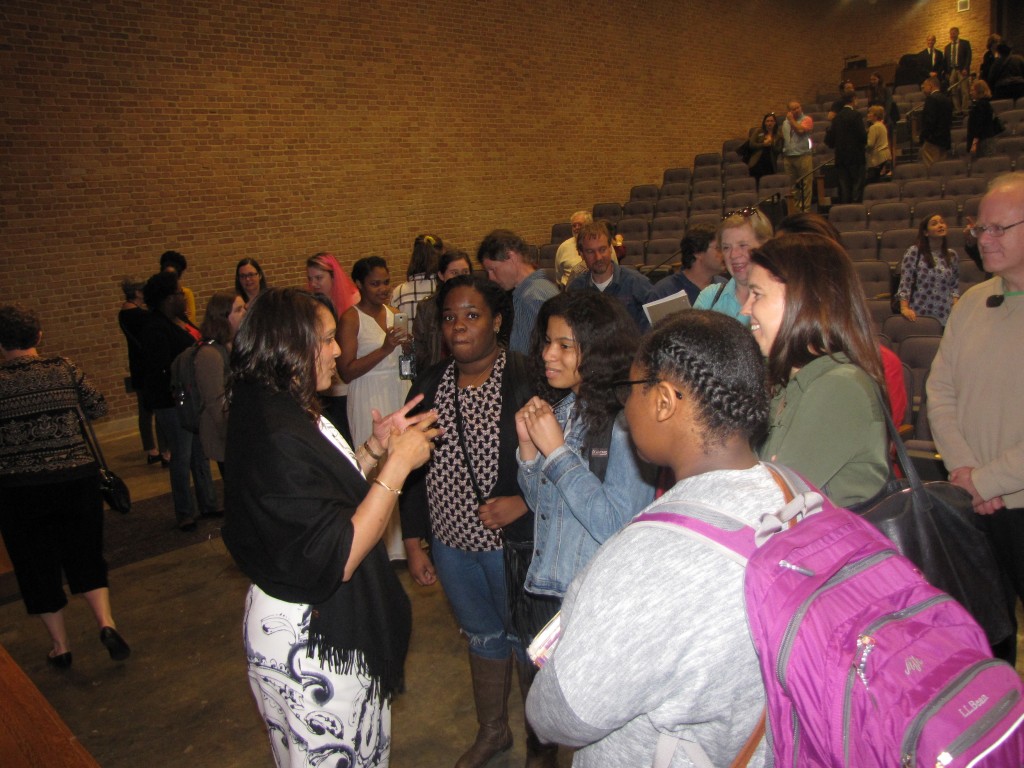
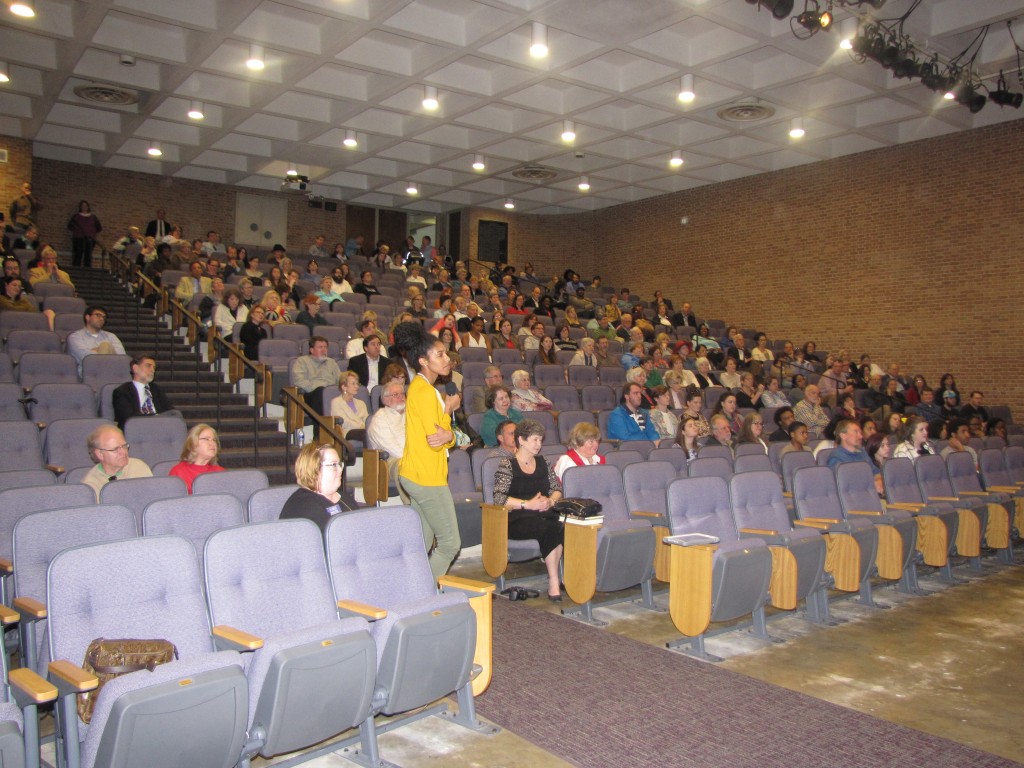

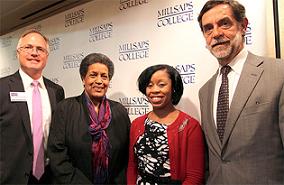
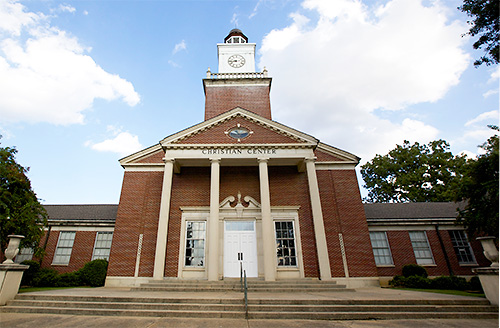
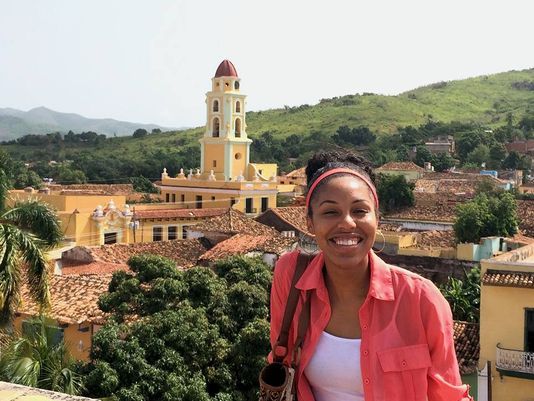
Be the first to comment